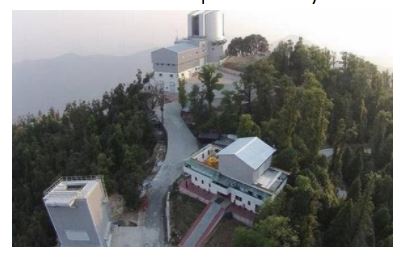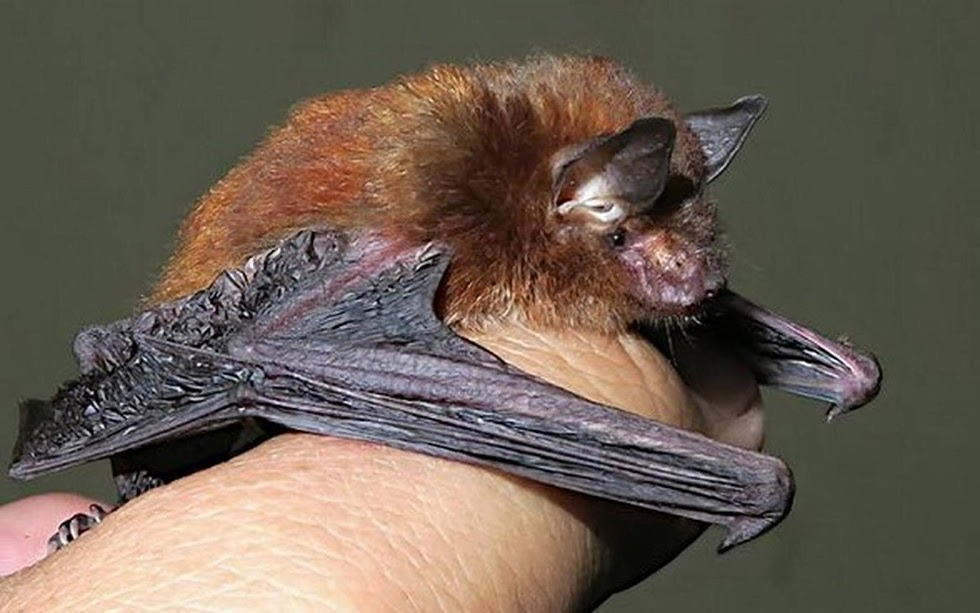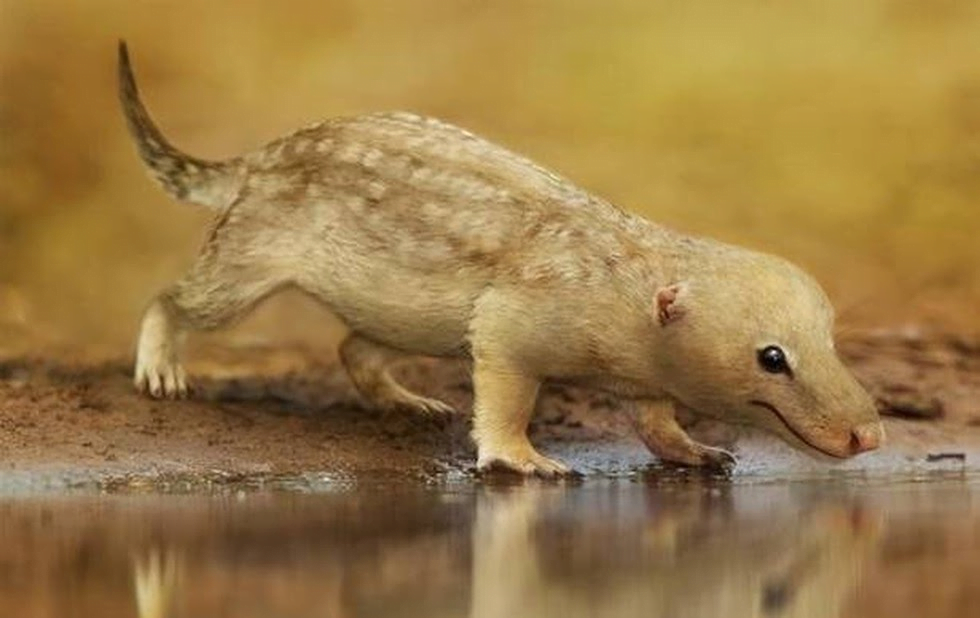IASbaba's Daily Current Affairs Analysis
Archives
(PRELIMS + MAINS FOCUS)
Aditya-L1 Support Centre (ASC)
Part of: GS Prelims and GS – III – Sci & tech; Space
In news
- The Indian programme to study the Sun and the region between the Sun and the Earth from space – Aditya-L1 – is due to be launched next year.

Key takeaways
- It will carry seven payloads which have been developed by various institutions across the country.
- Once the mission is launched, there will be a need for a ground support centre to monitor and coordinate the work on its various payloads.
- This role will be played by the ARIES facility (short for Aryabhata Research Institute for observational Sciences), situated near Nainital.
- The Aditya-L1 Support Centre (ASC) will provide training through regular workshops for the guest users.
- Apart from this, it will provide ready-to-use Python and Java apps for the satellite data and demos and handouts to facilitate the guest users.
COVID-19 Vaccines and Blood Clots
Part of: GS Prelims and GS – III – Sci & tech
In news
- Reports of rare blood clots occurring after COVID-19 vaccination have led some countries to limit the usage of AstraZeneca’s vaccine for certain categories of people, while other countries have paused the administration.
Key takeaways
- An adverse effect following immunisation with the AstraZeneca jab is not merely blood clots in large vessels, but also a low platelet count.
- The effect is similar to heparin-induced thrombocytopenia (HIT), where heparin, which is used to clear clots, actually causes blood clots and a fall in the platelet count.
- The heparin combines with platelet factor 4 to form a complex.
- This immune complex induces an abnormal immune response, in which antibodies are generated against the complex.
- This antibody-platelet factor 4-heparin immune complex binds to platelets and activates them.
- The platelets form clots everywhere.
- The low platelet count is because the platelets are used up.
- A similar process seems to follow vaccination, except there is no heparin trigger.
- Scientists are still trying to establish a clinical definition for this adverse effect.
Meghalay yields India’s first bamboo-dwelling bat
Part of: GS Prelims and GS – III – Environment; Biodiversity
In news
- Meghalaya has yielded India’s first bamboo-dwelling bat with sticky discs.
- The count of the bats in India has reached now to 130.

Key takeaways
- The disc-footed bat (Eudiscopus denticulus) was recorded near the Nongkhyllem Wildlife Sanctuary.
- The extent of adaptation for bamboo habitat in this species is not seen in the others.
- The flattened skull and sticky pads enabled the bats to roost inside cramped spaces, clinging to smooth surfaces such as bamboo internodes.
- The disc-footed bat was also found to be genetically very different from all other known bats bearing disc-like pads.
- Scientists analysed the very high frequency echolocation calls of the disc-footed bat, which was suitable for orientation in a cluttered environment such as inside bamboo groves.
- It has raised Meghalaya’s bat count to 66, the most for any State in India.
- It has also helped add a genus and species to the bat fauna of India.
Species in news: Rewaconodon Indicus
Part of: GS Prelims and GS – III – Environment; Biodiversity
In news
- The Tiki Formation in Madhya Pradesh, a treasure trove of vertebrate fossils, has now yielded a new species and two genera of cynodonts, small rat-like animals that lived about 220 million years ago.

Key takeaways
- Researchers from the IIT Kharagpur, used scanning electron microscopy to study about 10 teeth samples collected from Shahdol District, Madhya Pradesh.
- The results showed that they had found a new species, and they named it Rewaconodon indicus, indicating India, the country it was discovered from.
- The team also identified two new genera from the area.
- The first was named Inditherium floris, after India and the Latin word therium meaning beast.
- As the teeth had a flower-shaped crown, it earned the species name floris.
- The second was named Tikiodon cromptoni, after Tiki Formation and Greek word odon meaning tooth.
- The species name is after paleontologist A.W. Crompton.
Do you know?
- The Tiki Formation is a Late Triassic (Carnian to Norian) geologic formation in Madhya Pradesh.
Miscellaneous
Gayatri Mantra
-
The Gāyatrī Mantra is also known as the Sāvitri Mantra.
- It is a highly revered mantra from the Rig Veda, dedicated to Savitr also known as Vedmata.
- Maharshi Vishvamitra had created the Gayatri mantra.
- The mantra is an important part of the upanayana ceremony for young males in Hinduism, and has long been recited by dvija men as part of their daily rituals.
- Modern Hindu reform movements spread the practice of the mantra to include women and all castes and its use is now very widespread.
- The Department of Science and Technology (DST) has funded a clinical trial at the AIIMS, Rishikesh, to determine if the chanting of the Gayatri Mantra and performing pranayama can aid the quality of recovery and cure COVID-19 quicker in a subset of patients.
(Mains Focus)
EDUCATION/ GOVERNANCE
Topic:
- GS-2: Government policies and interventions for development in various sectors
- GS-2: Issues relating to development and management of Education, Human Resources
Education and Exams: Formative Assessment
Context: Faced with a massive surge in COVID-19 cases, the Central government cancelled the Central Board of Secondary Education’s (CBSE) Class X examination and postponed the Class XII examination scheduled to be held from May 4.
The decision, which will be reviewed by the Ministry of Education on June 1, was followed by the Indian Certificate of Secondary Education (ICSE or Class X) and Indian School Certificate (ISC or Class XII) examinations also being postponed, with a review scheduled in the first week of June.
What are the challenges?
- Implications on entrance into High Education: Aligning examinations of various Boards is a practical necessity since admission to higher education courses must be done uniformly and entrance examinations have to be conducted for professional courses.
- Challenges with Traditional method of assessment: The challenge now is to take up formative assessments where pen-and-pencil annual examinations cannot be held.
- Ambiguity with regard to assessment: Students are left wondering about the nature of formative academic assessment that will be applied to their Class X performance during the year gone by, which was marked by a shift to online classes and TV-based instruction.
What is formative assessment?
- The annual high-stakes public school examination is referred to as a summative assessment. It had to be cancelled or deferred this year due to the pandemic.
- Presently, the academic system had to fall back on continuous evaluation techniques or other metrics. This is known as formative assessment.
- According to UNESCO, the key aspects of this pattern are use of observation, quizzes, assignments and feedback.
- While summative assessment is described as a ‘testing of learning’, formative assessment is ‘testing for learning,’ which helps teachers assess the strengths and weaknesses of individual students and suggest remedial measures.
- During Pandemic, many teachers in India used video-calling tools to deliver instructional material and to coach and assess students. The Boards must now come up with a formative assessment framework that fixes clear metrics.
How have schools responded?
- After the latest move by the Centre, prominent CBSE schools say they will not face disruption because they conducted periodic internal examinations, practicals, as well as “pre-Board” testing for Class X. This will be useful to evaluate students.
- The CBSE introduced a formative assessment system through a Continuous and Comprehensive Evaluation (CCE) framework in 2009-10, but abandoned it in favour of a compulsory public examination for Class X, eight years later.
- The decision to reintroduce a public examination for Class X in CBSE was defended by the government as the removal of discrimination against 1.93 crore secondary students of State and other Boards who continued to take an exit examination.
Can all schools assess fairly?
- The question of schools’ capabilities to conduct sound formative assessments has become important because not all have similar facilities.
- While CBSE schools may be more urbanised, the picture for other Boards is mixed.
- The Unified District Information System for Education data show that in 2017-18, there were 1,88,742 rural schools and 83,207 urban schools under all managements.
- Data from the National Sample Survey (NSS) for the same year indicate that only 4% of rural households and 23% of urban households had a computer.
- Internet access was restricted to 15% of rural and 42% of urban households.
Way Ahead
- In fact, even the National Policy on Education, 1986, had de-emphasised rote learning and recommended a CCE-like framework.
- The NEP 2020 emphasises (formative) assessment for learning and critiques existing Board examinations as forcing students “to learn a very narrow band of content/material in a single stream”.
- Future reforms would, therefore, have to work on two fronts — to ensure access to learning for every student, in classrooms or remotely, and make formative assessment possible through a scientifically designed set of metrics.
Connecting the dots :
(TEST YOUR KNOWLEDGE)
Model questions: (You can now post your answers in comment section)
Note:
- Correct answers of today’s questions will be provided in next day’s DNA section. Kindly refer to it and update your answers.
- Comments Up-voted by IASbaba are also the “correct answers”.
Q.1 India’s first bamboo-dwelling bat with sticky discs was found in which of the following state of India?
- Maharashtra
- Gujarat
- Meghalaya
- Sikkim
Q.2 Consider the following statements regarding Heparin-induced thrombocytopenia (HIT):
- In this, Heparin causes blood clots.
- A fall in the platelet count is also caused.
Which of the above is/are correct?
- 1 only
- 2 only
- Both 1 and 2
- Neither 1 nor 2
Q.3 Tiki formations are found in which of the following state of India?
- Madhya Pradesh
- Chhattisgarh
- Goa
- Uttar Pradesh
ANSWERS FOR 17th April 2021 TEST YOUR KNOWLEDGE (TYK)
| 1 | C |
| 2 | B |
| 3 | B |
Must Read
On criticism of Election Commission of India:
On IP appellate board:
On COVID-19 second wave:














